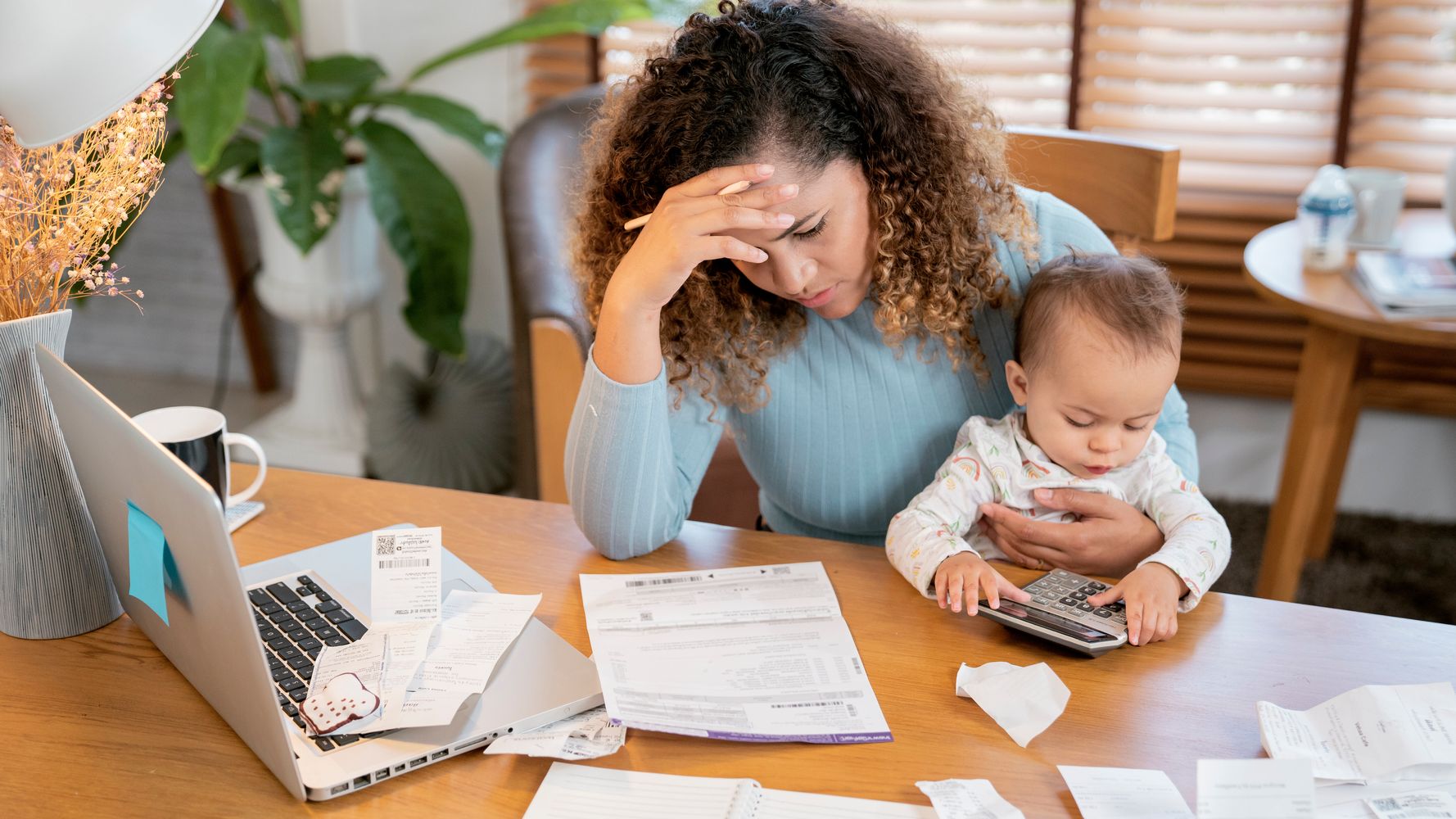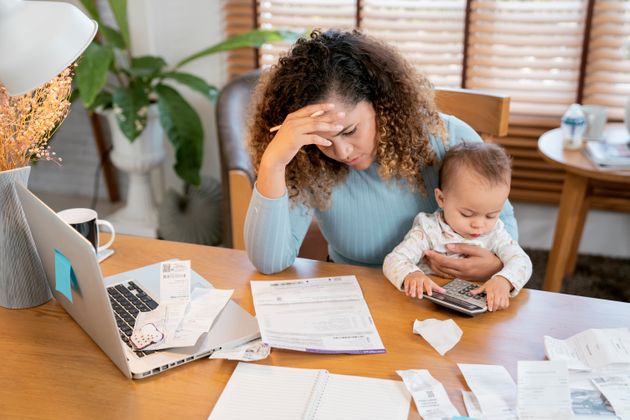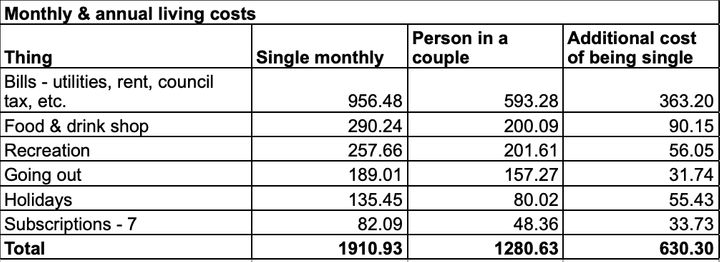It’s the most wonderful time of the year, a time where people come together to meet, eat and have an excuse to swap presents. But Brits are more likely to be concerned with rising bills than what to get their mate for Christmas.
Inflation in the UK reached 11.1% last month, a level not seen since October 1981. The price of your average grocery bill is still sky-high, up 14.6% compared to this time last year. Not to mention high interest rates on loans, plus expensive energy and fuel costs all contributing towards the cost of living crisis.
Advertisement
And it’s not just money that’s on our minds. Gifts can have a huge impact on the environment. The production, transport and even the marketing of Christmas presents all contribute towards the extraction of raw materials and greenhouse gas emissions. We also use large amounts of paper to wrap presents, which can contribute to an increase in solid waste production.
But, there’s a cheaper, greener way for people to buy their loved ones Christmas presents: secondhand gifts.
For a lot of people, the idea of buying our friends and family a gift from a charity shop feels odd. Will I offend someone if I buy them a second hand gift? Will the gift be in good condition? What will I do if they want to return it? But, 38% of people said they had gifted someone a secondhand item over the past 12 months, according to a survey from Vinted.
Another 65% of people said they would consider gifting someone a secondhand item in the next 12 months.
Advertisement

svetikd via Getty Images
The notion of buying secondhand gifts isn’t new to everyone though. Stasia Brewczynsk, who is a 34-year old account director at District One Studios, has been receiving and giving them for years. She thinks there’s nothing wrong with being upfront about where your gift came from.
“As a kid, one of my mum’s favourite Christmas gifts was a beautiful hand-me-down black and rainbow wool blanket her grandmother crocheted, originally for another relative who passed away prior to my mum receiving it,” Brewczynsk shares.
“A couple years ago, my mum gifted it to me. Secondhand gifts are a family tradition!”
Brewczynsk explains that there are so many great reasons to give secondhand gifts. “It can be more cost-effective and sustainable than buying new. You can find unique items that were made to last and offer a sense of charm, story, or history. It can help take the pressure off gift reciprocation,” she adds.
She shares that she managed to give her friend’s children new-in-package secondhand toys. “I would not have otherwise been able to afford such an extravagant set of gifts, or have been comfortable unintentionally setting an expectation of reciprocation,” she says.
Advertisement
“And bonus: since as households we both try to limit purchasing new plastic items, which can be in conflict with the kids’ fondness for robot toys which are often made of plastic, secondhand is a great way to make giving something that’s less sustainable, a little more sustainably.”
Maya Matava, who is an 18-year-old university student from the US, says they enjoy buying secondhand gifts for their friends, as there’s a certain level of care and attention that goes into buying secondhand gifts which makes them feel a lot more personal.
“A lot of the secondhand gifts I’ve bought have been received really well,” Matava says. “Most of the gifts I buy secondhand are collectibles or items that are otherwise difficult to buy new (some recent examples include Broadway Playbills, vintage postcards, and, on a more specific note, ceramic pie birds).”
Due to the type of secondhand gifts they try to buy, Matava usually shops in local antique and thrift shops. “But I will also shop on eBay if I have trouble finding something in local stores.”
Rory Gillet, who is a 32-year old SEO Consultant from Warminster, Wiltshire, says he and his partner use resale sites like Vinted throughout the year, “so why buy only new at Christmas?”
Advertisement
“There are so many good secondhand products out there, it really isn’t necessary to buy a lot of things new,” he says. “I first thought it would be a cool Christmas challenge with a friend to see what we could buy for each other from the platform with a max spend of £50.”
“Since then I have had a child and we buy most of her clothes and quite a lot of her toys secondhand. So when looking for a specific present for my niece, I started on Vinted and found the perfect drum.”
This is the second Christmas that Gillet will be buying secondhand gifts. “I didn’t last year, as I couldn’t find what I was looking for online or in charity shops. But this year I have managed to find three great gifts – all on Vinted,” he adds.
So, where do you start if you want to buy secondhand gifts this Christmas?
From Natacha Blanchard, consumer lead at secondhand shopping platform Vinted, has a few suggestions:
- Start looking for gifts as early as you can to provide ample time for finding more unique items. No time is too early, since items tend to be available all-year-round.
- Create and share wish lists with friends and loved ones to prevent a collection of wasteful, unwanted gifts building up at the end of the year. You can maintain this list all-year-round, so there’s no rush to add items come gifting season. You can also do this if you are open to receiving pre-owned gifts – let your friends know your intention and share your list of “favourited” items on your favourite secondhand shopping platform.
- When buying a pre-owned gift, ask your seller if there’s a story behind the item or reason why they’re selling it. They might have a really funny or poignant story that you could then share with your gift recipient to make that pre-owned gift a little bit more special.
- Children grow out of their clothing so quickly that quite often, clothes are lucky if they are worn more than once, if at all. As a result, there is a great selection of pre-owned kids clothing and toys on secondhand platforms that you could purchase for gifting. And don’t forget pets! You can pick up great pre-owned clothing, accessories and toys for pets too.
Christmas doesn’t need to be expensive and it really is true what they say: it’s the thought that counts. Buying a secondhand gift shouldn’t be an act of shame, but rather a way to save the planet whilst being more intentional about what to get your love ones.
To avoid any awkwardness later down the line, be upfront about where you sourced your gift from. In fact, shout it from the rooftops! It’s time we all celebrated secondhand.



























